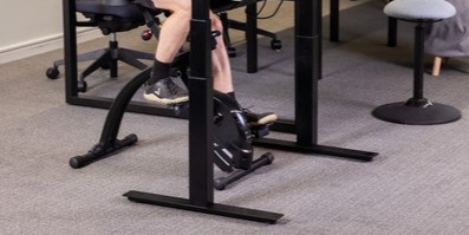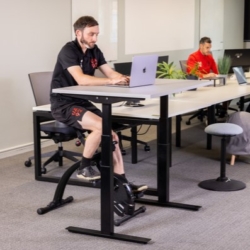October 2, 2024
Majority of small business bosses support potential right to disconnect law
 A new poll claims that the vast majority (85 percent) of British SME bosses with HR responsibilities support proposals to give staff the “right to disconnect”, with 4 in 5 (80 percent) believing the Employment Rights Bill is a positive step forward for employees. The survey was conducted by Breathe HR to uncover sentiment towards new workers’ rights amongst bosses who will be steering through new rule changes at SMEs, ahead of the Employment Rights Bill being laid in parliament. This is expected to take place in the coming weeks, although the implementation of rule changes in practice may be delayed following pressure from certain business leaders. (more…)
A new poll claims that the vast majority (85 percent) of British SME bosses with HR responsibilities support proposals to give staff the “right to disconnect”, with 4 in 5 (80 percent) believing the Employment Rights Bill is a positive step forward for employees. The survey was conducted by Breathe HR to uncover sentiment towards new workers’ rights amongst bosses who will be steering through new rule changes at SMEs, ahead of the Employment Rights Bill being laid in parliament. This is expected to take place in the coming weeks, although the implementation of rule changes in practice may be delayed following pressure from certain business leaders. (more…)




































September 24, 2024
The science and art of change management
by Jennifer Bryan • Business, Comment, JB